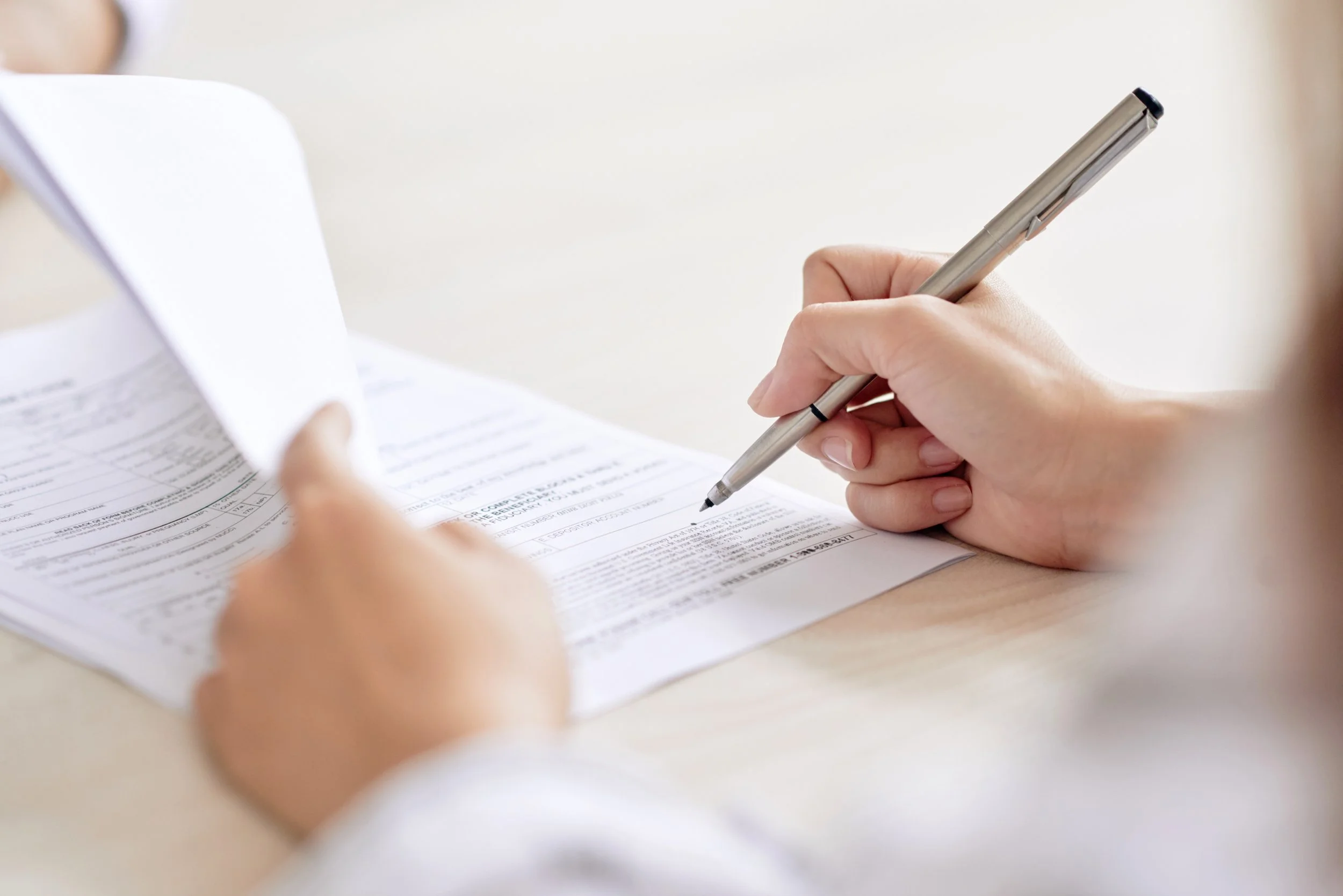Many people will feel privileged to act as an executor, being trusted with the responsibility of dealing with someone’s estate after they’re gone and ensuring that the deceased’s wishes are honoured. However, with this responsibility comes significant personal financial risk if an executor makes a mistake. So what are the responsibilities of an executor and what happens if they get this wrong?
What are the responsibilities of being an executor?
After someone has died, the executor to an estate has the role of administering that estate and ensuring that the beneficiaries receive everything to which they’re entitled under the terms of the Will. It is, therefore, important that any executor acts in the best interests of the beneficiaries at all times and the correct procedures are followed.
This means that each executor will need to identify and value all of the assets in the estate. They will then need to calculate and pay any Inheritance Tax that may fall due and apply for a Grant of Probate. Once the grant is received, any assets can be sold, all debts can be discharged and, once estate accounts have been prepared and approved, the residuary estate can be distributed to the beneficiaries.
What are the risks associated with being an executor?
Administering and distributing a deceased’s estate can be complex, involving various risks to the executor if they get this wrong, including but not limited to:
Clearing debts: the executor must ensure that all of the deceased’s debts are identified and paid, where any failure to clear outstanding debts may mean that a claim can be made against the executor in the future, even if they were unaware of the existence of the debt due to an innocent oversight or genuine mistake. The risks to the executor are also exacerbated where there are insufficient funds to pay off all debts, as creditors must be paid in strict order of priority.
Identifying beneficiaries: the executor must ensure that all beneficiaries who are entitled to inherit are identified. This is not always straightforward, for example, where the deceased’s Will provides for their estate to be shared between ‘all of their children’, but it is not clear how many or who these children are. This type of uncertainty is commonplace in the context of modern families, comprising several descendants from different marriages or relationships. Again, any failure to identify a beneficiary may mean that an executor is held personally liable to the extent of any legacy that any given individual would’ve been entitled to receive.
Other risks can arise around claims made against the estate from individuals who believe that they’re entitled to a share, disputes arising between those with an interest in the estate, or even where an executor mistakenly pays a bankrupt beneficiary, rather than the trustee in bankruptcy. In all of these scenarios, there is the potential for personal liability on the part of the executor.
How can the risks of being an executor be avoided?
The job of winding up someone’s affairs after their death is one that involves both responsibility and financial risk for an executor. It is, therefore, imperative that an executor seeks early legal advice, ensuring that the correct procedures are followed to minimise any exposure to personal liability — from advertising for creditors to checking for any bankrupt beneficiaries.
Legal disclaimer
The matters contained herein are intended to be for general information purposes only. This blog does not constitute legal advice, nor is it a complete or authoritative statement of the law in England and Wales and should not be treated as such. Whilst every effort is made to ensure that the information is correct, no warranty, either express or implied, is given as to its’ accuracy, and no liability is accepted for any errors or omissions. Before acting on any of the information contained herein, expert advice should be sought.

